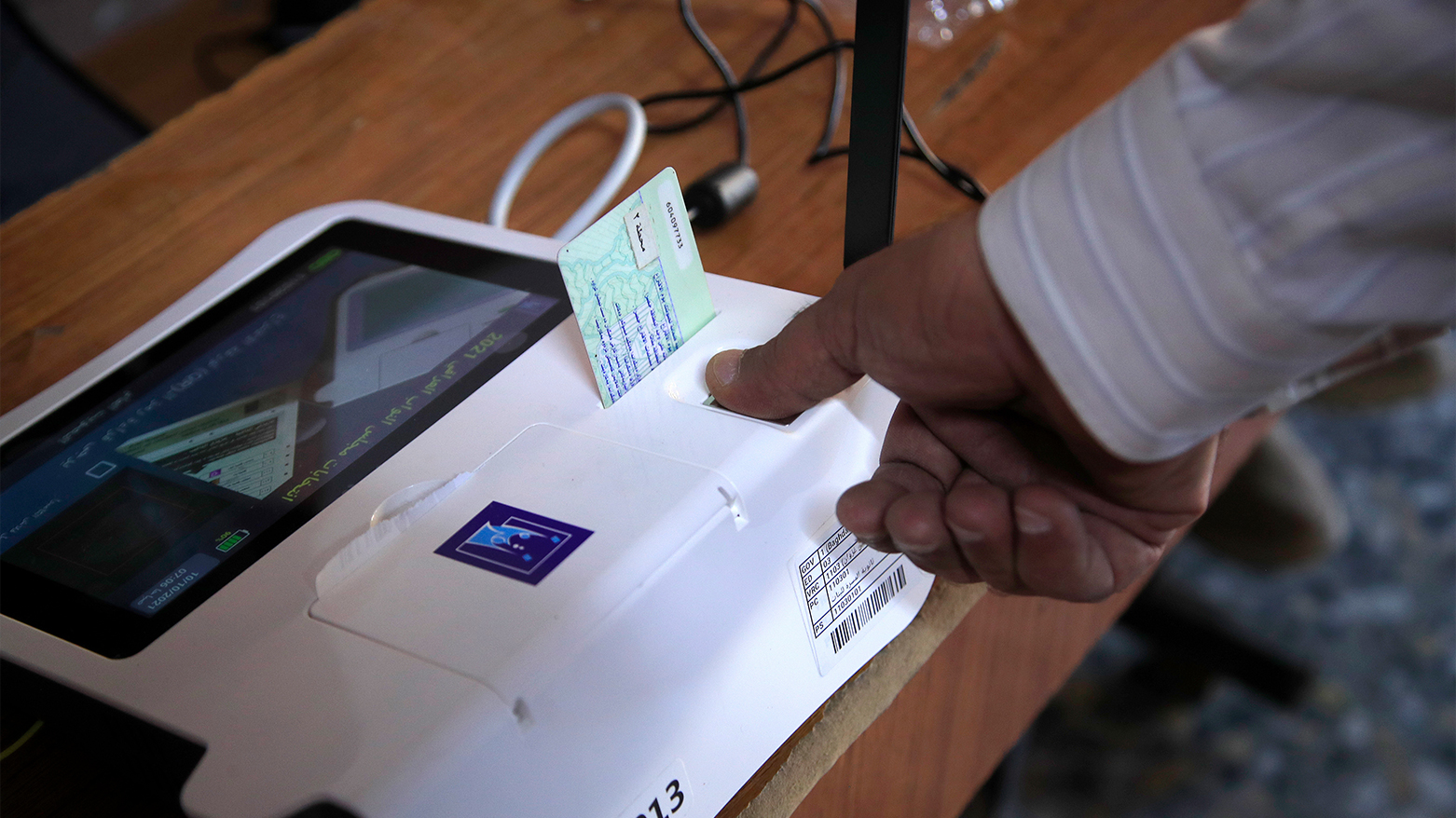Iraq’s Accountability and Justice Commission Bars 335 Candidates from Upcoming Elections
Hassan Shuaili, director of the Commission’s media office, said the audit covered nearly 8,000 names submitted for the Iraqi House of Representatives, provincial councils, and applicants for special ranks, including the three presidencies.

ERBIL (Kurdistan24) – The Supreme National Commission for Accountability and Justice announced on Sunday that it has completed an extensive audit of candidates for Iraq’s upcoming parliamentary and provincial council elections, resulting in the exclusion of 335 individuals over alleged ties to the former Ba’ath regime.
Hassan Shuaili, director of the Commission’s media office, said the audit covered nearly 8,000 names submitted for the Iraqi House of Representatives, provincial councils, and applicants for special ranks, including the three presidencies.
“The audit process is conducted in line with the principles of monitoring, judicial oversight, prosecution, and criminal charges,” Shuaili stated, emphasizing that the Commission’s mission is to prevent individuals affiliated with the former Ba’ath Party from reentering the country’s political institutions.
In addition to the excluded candidates, Shuaili confirmed that 404 names were cleared after their records were reviewed. He noted that affected individuals have the right to appeal to the Board of Appeal within one month to challenge their exclusion.
“The main goal of the committee is to protect the political process and prevent any illegal attempts to reinstate Ba’ath supporters,” he added.
The Accountability and Justice Act, passed in January 2008 by the Iraqi Council of Representatives, replaced the earlier de-Ba'athification framework. The law extended de-Ba'athification to the judiciary while reinstating jobs and pensions for low-ranking party members. The Act established the Accountability and Justice Commission as a permanent oversight body.
Iraq’s parliamentary elections are scheduled for November 11, when voters will choose 329 members of the Council of Representatives. The council will subsequently elect the country’s president and approve the appointment of the prime minister.
The upcoming vote will be held under a new electoral system introduced after the 2018 elections and nationwide protests from 2019 to 2021, shifting from proportional representation to a single non-transferable vote system in 83 multi-member constituencies.
The new electoral system aims to address public dissatisfaction with the previous framework, which many believed failed to adequately represent individual voters. By adopting single non-transferable votes, the system seeks to enhance accountability and transparency, allowing citizens to directly elect representatives in their constituencies.